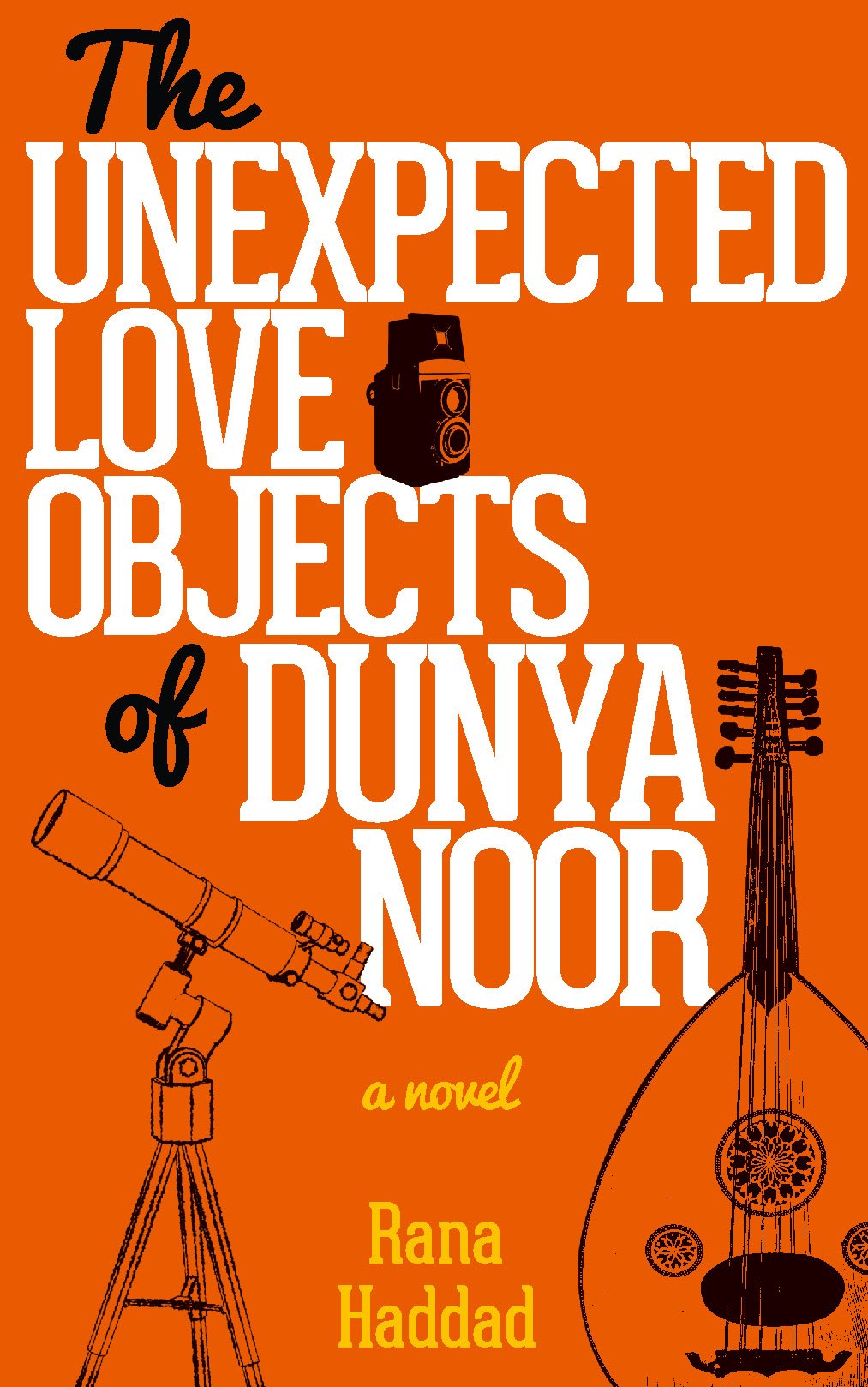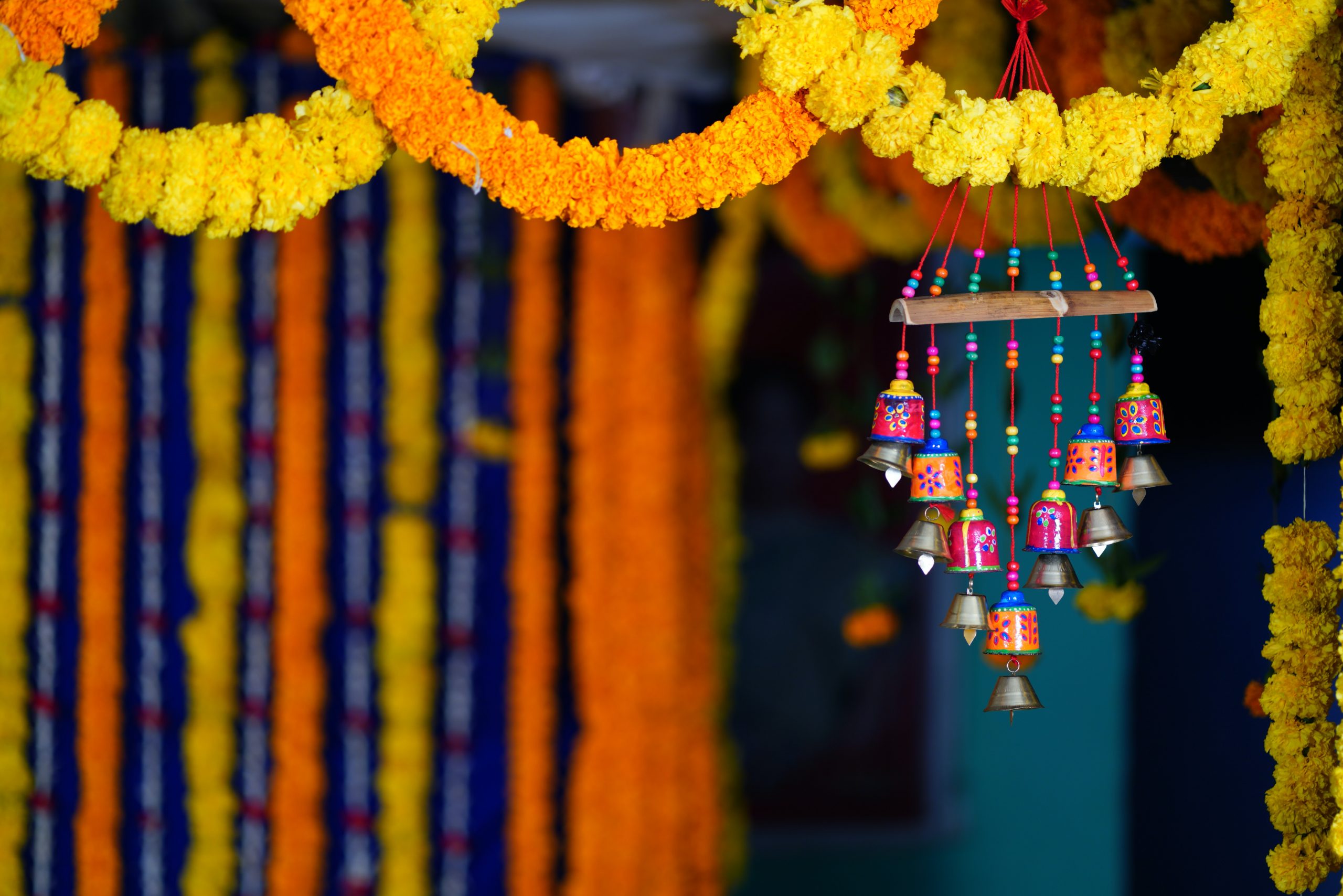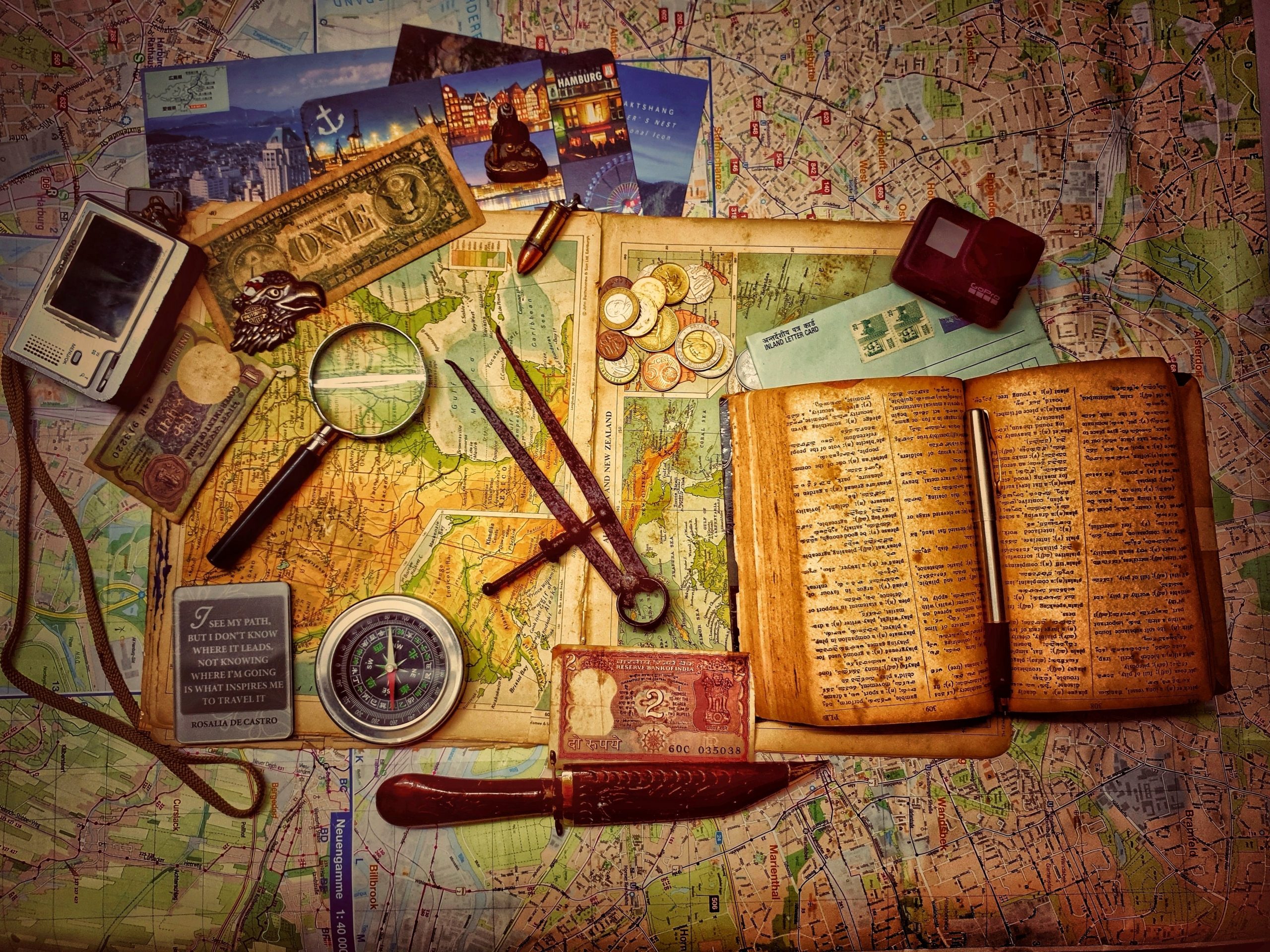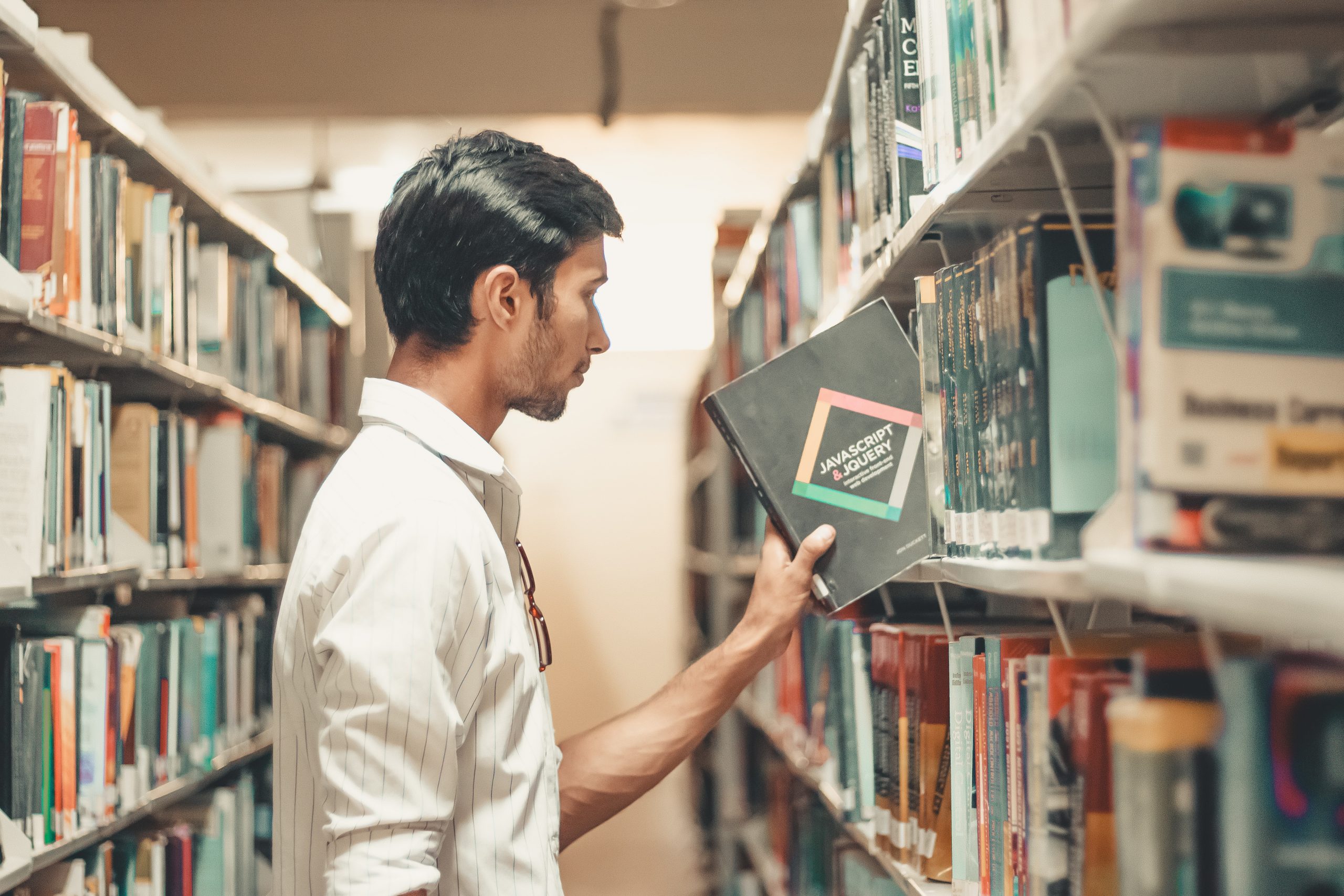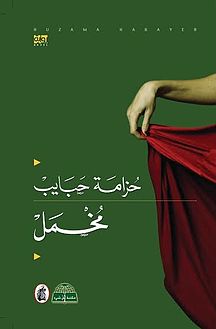.
MULOSIGE’s Readings from the Maghreb seek to display the linguistic and cultural plurality and heterogeneity of the Maghreb; perceiving the Maghreb as being in constant dialogue with these two regions as well as other adjacent regions, particularly Muslim West Africa (‘The Islamic West’ as it is often referred to). The Maghreb has been studied either as an extension of the Arabic Middle East, following a colonial modality that presumes the region follows in the footsteps of the Mashreq’s intellectual and cultural history (while always trailing ‘behind’), or as the periphery which passively received and imitated the ‘centre’ i.e. colonial powers’ cultural and literary genres, theories and models. Although the Maghreb has strong links and affiliations with both contexts, the region’s own historical and cultural particularity and ethno-linguistic diversity, as well as its geographical location at the crossroads of Africa, the Middle East, the Iberian peninsula, Europe and the Mediterranean basin demand an approach that can offer an understanding of the cultural forms and patterns of circulation that emerge in literary and cultural exchanges unmediated by the Mashreq and Europe.
The linguistic and cultural diversity of the Maghreb and the politics of language and culture remain largely understudied. This multilingual region includes vernacular languages such as Darija (spoken Maghrebi dialects), Tamazight (the language of the indigenous population of the Maghreb) Judeo-Arabic, Judeo-Berber, and Judeo-Spanish which have cohabited with Fusha (standard Arabic used in print culture, media, and religious affairs, i.e. the modernised form of classical or Qur’anic Arabic). These languages have all shaped the oral and written cultures of the Maghreb. MULOSIGE aims to study the Maghreb as a pluralistic geo-political space, a conceptual constellation marked by a long history of multilingualism that calls for a new understanding of the cultural forms and patterns of circulation that have emerged in the region and its wider significant geographies from well before the arrival of the colonial powers, as well as during and after the colonial period.
How Love is Revolution: The Unexpected Love Objects of Dunya Noor
The novelist Rana Haddad writes about her novel, "The Unexpected Love Objects of Dunya Noor" for the MULOSIGE project.
Editorial for Special Issue of ‘Foreign Literatures’ on Indian Literature
Simon Leese translates ‘This issue’ (editorial for special issue
The Development of Arab-Indian Cultural Relations
Simon Leese translates Taṭawwurāt al-ʿalāqāt al-thaqāfīyah al-ʿarabīyah—al-Hindīyah (The Development
Glimpses into Modern Indian Literature
Simon Leese translates Lamaḥāt min al-adab al-Hindī al-ḥadīth by
الرحلة إلى البحث عن الحب والسعادة: رائحة المخمل
الرحلة إلى البحث عن الحب والسعادة: رائحة المخمل رواية
الوطن حلم: كتاب القوقعة لمصطفي خليفة
Aarifah Khoodoruth review of "The Shell: Memoirs of a Hidden Observer" by Muṣṭafá Khalīfah was a winner of MULOSIGE's Review and Publish Project.


